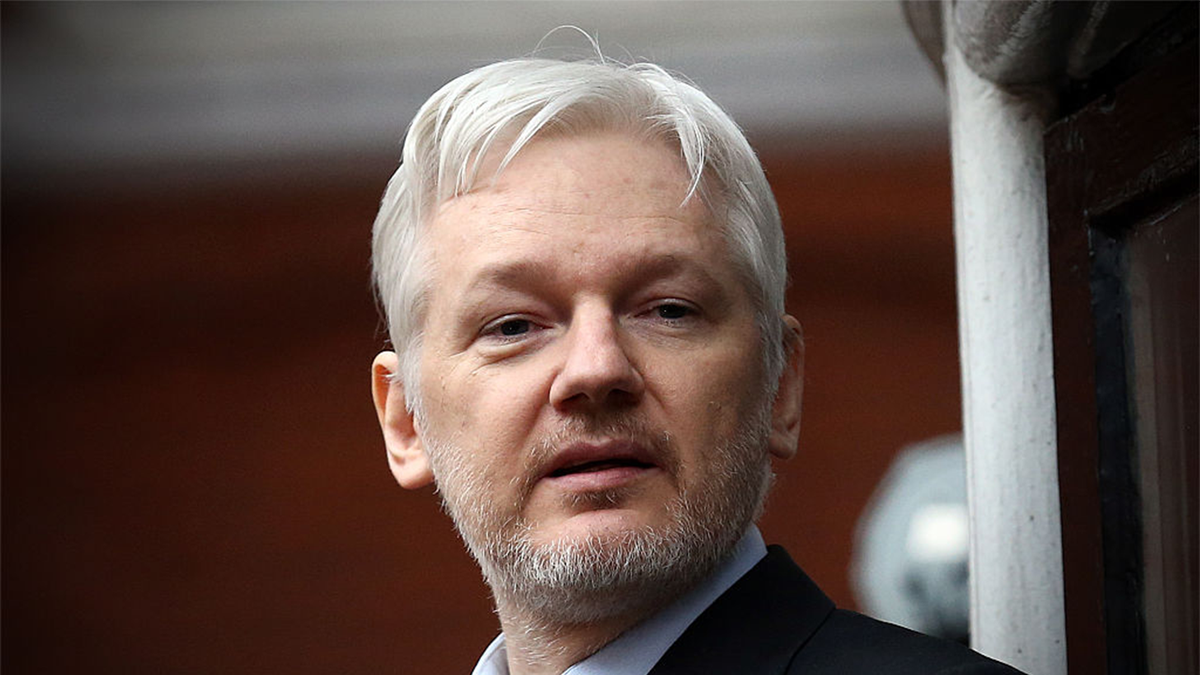On Tuesday, a significant development occurred in the case of WikiLeaks founder Julian Assange, as his extradition to the United States was paused.
The London High Court mandated that the U.S. must ensure Assange wouldn’t face the death penalty, impacting the extradition process.
Assange, 52, faces prosecution in the U.S. on 18 charges related to WikiLeaks’ disclosure of confidential U.S. military and diplomatic documents.
Despite the U.K. agreeing to his extradition last year, Assange’s legal team sought to contest this decision in the English courts earlier in February.
Stella Assange, Julian’s wife, expressed confusion over the court’s provisional decision to allow an appeal on specific conditions.
The court highlighted concerns that Assange might be at risk of facing capital charges in the future, despite current charges not carrying the death penalty risk.
This was compounded by comments from former U.S. President Donald Trump, who had previously suggested the death penalty for WikiLeaks’ activities.
The U.S. has been given a deadline to provide assurances addressing these concerns; failing which, Assange will be permitted to appeal.
However, the court dismissed the notion that Assange’s case was politically motivated or that he wouldn’t receive a fair trial, also rejecting allegations of potential kidnapping or assassination plans by the CIA.
A further hearing is set for May 20, temporarily halting Assange’s extradition, which had seemed imminent.
WikiLeaks gained notoriety in 2010 after releasing a video of a 2007 Apache helicopter attack in Baghdad, alongside thousands of classified documents, sparking global controversy.
Assange’s supporters view him as a hero for revealing U.S. misconduct, while the U.S. government argues his prosecution is for conspiring to obtain these documents illegally, not for their publication.
Assange has been entangled in legal battles in the U.K. for over 13 years, including a seven-year asylum in the Ecuadorean Embassy in London to avoid extradition, followed by five years in maximum security imprisonment.
His health has reportedly been declining, with his wife Stella and lawyer Jen Robinson voicing concerns over the potential for extradition, extreme sentencing, or even the death penalty.
Despite skepticism about the reliability of U.S. assurances, experts like Nick Vamos suggest the U.S. is likely to comply, potentially leading to Assange’s extradition unless blocked by the European Court of Human Rights (ECHR).


